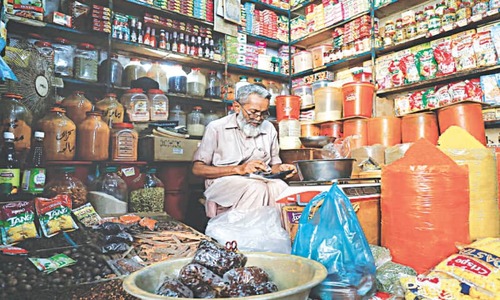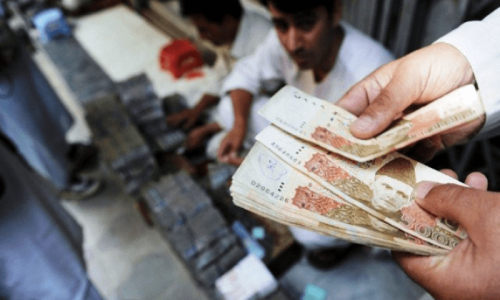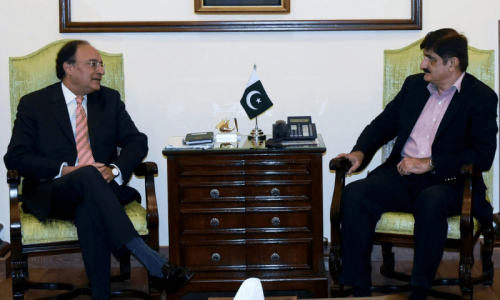Ahead of Eidul Fitr, the newly elected government on Sunday hiked the price of petrol by Rs9.66 per litre for the next fortnight.
In an announcement before midnight, the Ministry of Finance said the new price of petrol would go into effect on April 1, as recommended by the Oil and Gas Regulatory Authority (Ogra).
The new price of petrol is now Rs289.41 per litre from the previous Rs279.75 per litre, while the price of high-speed diesel (HSD) has decreased by Rs3.32 to Rs282.24 per litre.
The ministry said the changes were due to a corresponding rise in petrol prices and a decrease in HSD prices in the international market. It added the change was in line with the government’s policy of passing on price variations in the international market to the domestic market.
In its previous fortnightly review, the government kept the petrol price unchanged at Rs279.75 per litre and reduced HSD’s rate by Rs1.77 per litre to Rs285.56.
The petrol price was estimated to go up, owing mainly to higher import premiums and global prices.
On the other hand, the HSD price was down in the international market, and the import premium paid by Pakistan State Oil (PSO) remained unchanged at $6.50 per barrel. Thus, the rate of high-speed diesel was estimated to be down by Rs1.30 to Rs2.50 per litre, subject to the final exchange rate adjustment in pricing.
For price calculations, officials said the price of petrol had gone up by about $4 per barrel to $94.5 over the last two weeks, while HSD’s price inched down by about 60 cents per barrel to $98.4. The exchange rate has also improved, with the rupee gaining by about 1 per dollar to $278.6 over the fortnight.
The government is already charging a petroleum development levy (PDL) of Rs60 per litre — the maximum permissible limit under the law — on both petrol and HSD. Under the commitments made with the International Monetary Fund (IMF), the government set a budget target to collect Rs869 billion in PDL during the current fiscal year.
It has already collected about Rs475bn in the first half (July-December) and is expected to mop up about Rs970bn by the end of the fiscal year, although the annual target has now been revised to Rs920bn.
Petroleum and electricity prices have been the key drivers of high inflation. Petrol is mostly used in private transport, small vehicles, rickshaws and two-wheelers and directly affects the budgets of middle and lower-middle classes.
At present, the government is charging about Rs82 per litre tax on both petrol and HSD. However, there is no general sales tax (GST) on any petroleum product.
Compared to Rs60 per litre PDL on both products, the government is charging Rs50 levy on high-octane blending component and 95 research octane number petrol. The government is also charging about Rs19-20 per litre customs duty on petrol and HSD.
Both fuels are the major revenue spinners, with their monthly sales of about 700,000 to 800,000 tonnes compared to 10,000 tonnes of monthly demand for kerosene.















































Dear visitor, the comments section is undergoing an overhaul and will return soon.